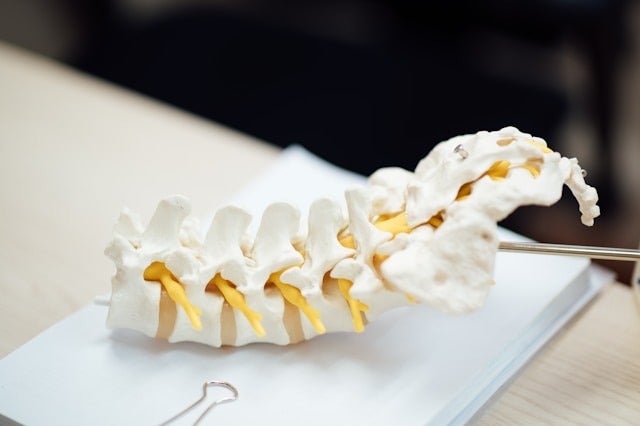
Mainstay Medical has received the US Food and Drug Administration (FDA) approval for full-body MRI conditional labelling for its ReActiv8 Restorative Neurostimulation system.
ReActiv8 is an implantable medical device designed to treat adults with intractable chronic low back pain (CLBP) due to multifidus muscle dysfunction.
Multifidus muscle dysfunction can be detected by imaging or physiological testing in people who have failed pain medications and physical therapy, and who are not eligible for spine surgery.
ReActiv8 has received regulatory approval in several geographic areas and is commercially available in the European Economic Area, Australia, the UK, and the US.
The FDA approval applies to all current and future patients using the ReActiv8 system in the US, implanted with the current 45cm commercially available leads.
Mainstay said that the FDA approval provides patients implanted with ReActiv8 implants with the ability to undergo 1.5T full-body MRI scans.
Mainstay Medical CEO Jason Hannon said: “This approval expands the existing safety profile of ReActiv8, broadening access to patients who may need (or develop the need) for MRI imaging after implant.
“The ReActiv8 MRI labeling is one of the most comprehensive among neurostimulation devices approved for chronic low back pain, with full-body imaging at 1.5T at normal operating mode (maximum specific absorption rate (SAR) of 3.2 W/kg for the head and 2.0 W/kg for the rest of the body).”
In January 2022, Mainstay announced long-term efficacy data for its ReActiv8 Restorative Neurostimulation implantable medical device from the ReActiv8-B clinical study.
The global, multi-centre, prospective, randomised, active sham-controlled and blinded study was carried out under an investigational device exemption (IDE) approval from the US FDA.
Mainstay enrolled 204 patients with chronic low back pain, who were randomised to receive either control or ReActiv8 implants at major clinical sites in the US, Europe, and Australia.
The study data showed the efficacy and safety of the ReActiv8 implant, along with improvement in key outcome measures in the treatment of intractable chronic low back pain.






